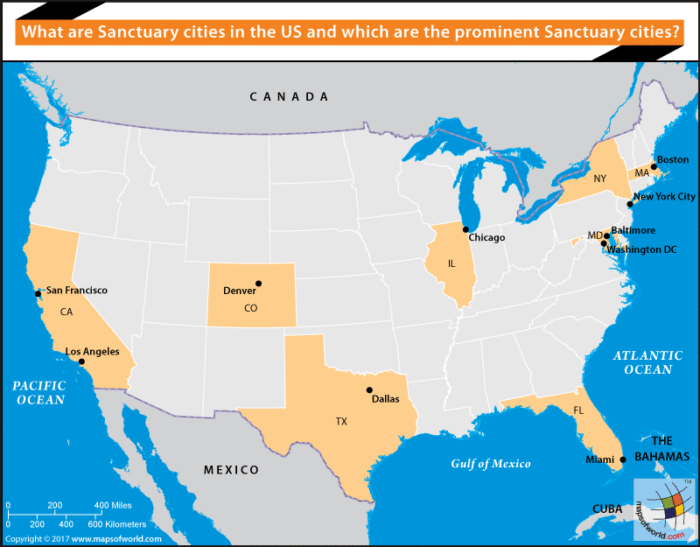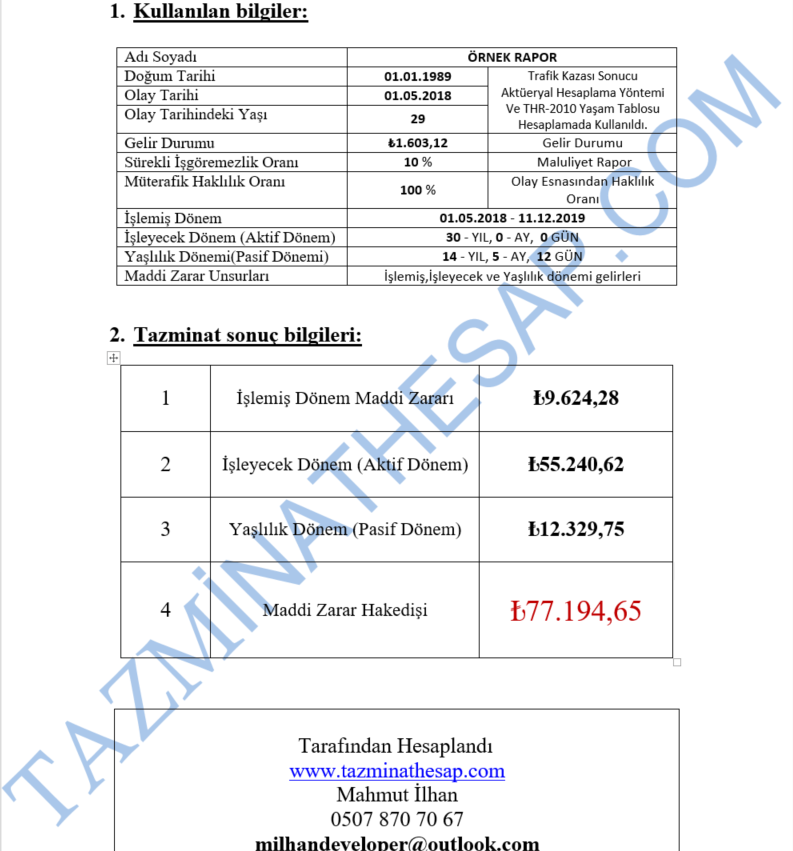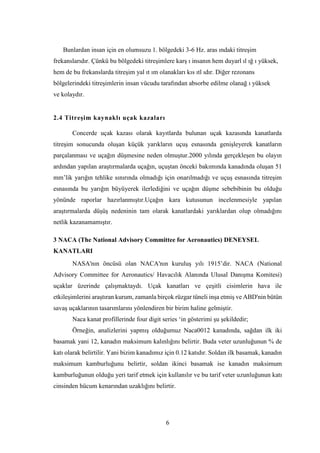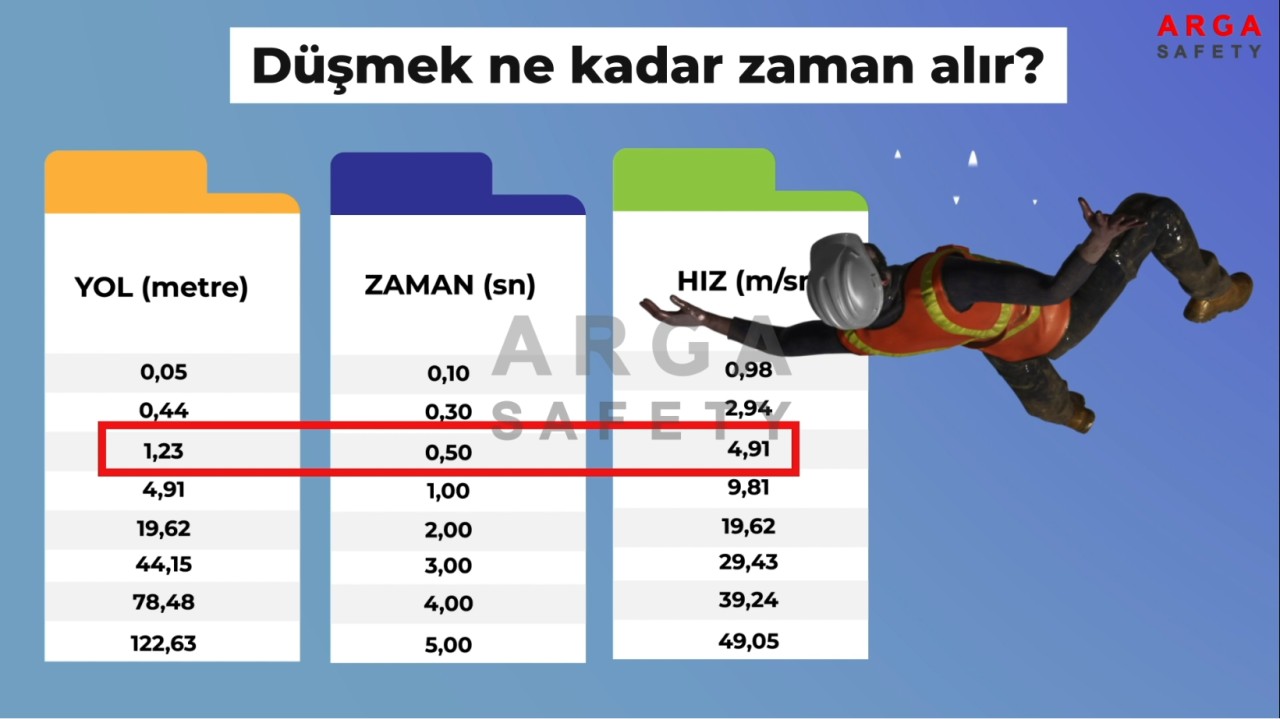Gender Identity And The Supreme Court: Trans Rights And Gender Critical Responses

Table of Contents
Landmark Supreme Court Cases Concerning Gender Identity
Several landmark Supreme Court cases have significantly impacted the legal landscape surrounding gender identity. These cases often hinge on the interpretation of existing laws and their application to transgender individuals. Understanding these precedents is crucial to comprehending the ongoing debate.
-
Bostock v. Clayton County (2020): This case, while not explicitly about gender identity, had profound implications.
- Central Question: Did Title VII of the Civil Rights Act of 1964, which prohibits sex discrimination in employment, protect transgender employees from discrimination?
- Arguments: The majority opinion argued that discrimination based on sexual orientation or gender identity is a form of sex discrimination. Dissenting opinions argued for a stricter interpretation of "sex" as defined by biological sex assigned at birth.
- Ruling: The Supreme Court ruled in favor of the transgender employees, broadening the scope of Title VII's protection.
- Ramifications: This decision provided crucial legal protection for transgender individuals in the workplace, yet also sparked further legal challenges and debates about its scope and application. It significantly advanced transgender rights, but the impact has been uneven due to subsequent legal battles in lower courts. The ruling spurred legislative efforts to both support and limit its reach, making it a pivotal moment in the ongoing gender identity Supreme Court discussion.
-
Related Cases: Numerous subsequent cases at both the state and federal level have built upon or challenged the Bostock decision, creating a patchwork of legal protections across the country. This inconsistency highlights the need for further clarification from the Supreme Court or through comprehensive federal legislation. The ongoing legal battles showcase the complexities of applying existing laws to issues of gender identity.
The Legal Arguments: Trans Rights vs. Gender Critical Perspectives
The legal arguments surrounding gender identity in Supreme Court cases often center on opposing interpretations of law and fundamental rights.
-
Trans Rights Arguments: These arguments primarily focus on:
- Anti-discrimination: Transgender individuals argue that discrimination based on gender identity is a form of sex discrimination, protected by laws like Title VII. They emphasize the need for equal opportunities in employment, housing, and public accommodations.
- Self-determination: The right to self-identify one's gender is central to trans rights arguments, emphasizing bodily autonomy and the right to live authentically.
- Bodily Autonomy: This right extends to access to healthcare, including gender-affirming care, vital to the well-being of transgender individuals.
-
Gender Critical Arguments: These perspectives often center on:
- Sex-based rights: Concerns are raised about the potential erosion of sex-based rights and protections for women if gender identity is prioritized over biological sex.
- Definition of sex: Debate focuses on the legal definition of "sex" and whether it should be based on biological factors or self-identified gender.
- Women's spaces: Concerns are raised about the impact of transgender inclusion on single-sex spaces, such as restrooms and shelters. These arguments are often framed within the context of safety and privacy for cisgender women.
Societal Impact and Public Opinion
Supreme Court decisions on gender identity have a profound impact on public perception and social policy.
- Public Opinion: Public opinion polls on transgender rights reveal a complex and evolving landscape. While support for non-discrimination laws is often high, opinions can vary significantly depending on the specific issue, such as access to restrooms or participation in sports. These varying levels of support reflect the complexities of the ongoing debate and the need for further public education and dialogue.
- Media Coverage and Political Discourse: The media plays a significant role in shaping public understanding, and often, the framing of the issue can influence public opinion. Political discourse also heavily impacts the debate, often exacerbating divisions and polarizing the conversation surrounding gender identity.
- Advocacy Groups: Organizations advocating for transgender rights play a crucial role in shaping public debate, raising awareness, and influencing policy through lobbying and legal action. These groups offer vital support networks and fight for inclusive laws and policies.
Future Implications and Ongoing Debates
The legal battles surrounding gender identity are far from over.
- Future Supreme Court Cases: We can anticipate further Supreme Court cases addressing issues such as access to healthcare, participation in sports, and the use of preferred pronouns. These cases will continue to shape the legal understanding of gender identity and its implications for daily life.
- Legislative Battles: State and federal legislatures are actively engaged in passing laws that either protect or restrict the rights of transgender individuals. The resulting patchwork of laws across states further complicates the situation and underscores the need for comprehensive federal legislation.
- Healthcare Access: Access to gender-affirming care remains a major point of contention, with legal challenges potentially impacting the availability of essential medical services for transgender individuals. This area will likely continue to be a focus of legal and political debate.
Conclusion
The Supreme Court's engagement with gender identity issues has produced a series of landmark cases that have profoundly impacted the lives of transgender individuals and the broader societal understanding of gender. The legal arguments presented, encompassing trans rights and gender-critical perspectives, highlight the complex and multifaceted nature of this debate. The ongoing societal impact, influenced by public opinion, media coverage, and advocacy groups, underscores the need for continued dialogue and legal action. Future implications include potential Supreme Court cases, legislative battles, and the critical issue of healthcare access for transgender individuals. The ongoing evolution of legal arguments and societal perceptions surrounding gender identity Supreme Court cases necessitates continuous engagement.
Call to Action: Stay informed about ongoing legal developments regarding gender identity and the Supreme Court. Support organizations advocating for transgender rights and engage in respectful conversations to promote understanding and equality. Learn more about the nuances of the gender identity Supreme Court debate to foster informed discussion and responsible action. Your understanding of the complex issues surrounding gender identity Supreme Court rulings is crucial for advancing equality and justice.

Featured Posts
-
 Exclusive Trump To Mandate List Of All Sanctuary Cities And States
Apr 29, 2025
Exclusive Trump To Mandate List Of All Sanctuary Cities And States
Apr 29, 2025 -
 Benny Johnson On Jeffrey Goldberg And National Defense Information Charges
Apr 29, 2025
Benny Johnson On Jeffrey Goldberg And National Defense Information Charges
Apr 29, 2025 -
 Severe Flooding Forces Cancellation Of Thunder Over Louisville Fireworks
Apr 29, 2025
Severe Flooding Forces Cancellation Of Thunder Over Louisville Fireworks
Apr 29, 2025 -
 Technical Glitch Forces Blue Origin To Abort Rocket Launch
Apr 29, 2025
Technical Glitch Forces Blue Origin To Abort Rocket Launch
Apr 29, 2025 -
 Porsche Cayenne Gts Coupe Test I Recenzja Czy To Suv Marzen
Apr 29, 2025
Porsche Cayenne Gts Coupe Test I Recenzja Czy To Suv Marzen
Apr 29, 2025
Latest Posts
-
 Obrushenie Gorki Postradavshie V Tyumeni Otkazalis Ot Gosudarstvennoy Pomoschi
Apr 30, 2025
Obrushenie Gorki Postradavshie V Tyumeni Otkazalis Ot Gosudarstvennoy Pomoschi
Apr 30, 2025 -
 Nevsehir De Meydana Gelen Kayma Kazasi Yueksekten Duesme Sonucu Yaralanma
Apr 30, 2025
Nevsehir De Meydana Gelen Kayma Kazasi Yueksekten Duesme Sonucu Yaralanma
Apr 30, 2025 -
 Yueksekten Duesme Kazasi Nevsehir De Goeruenmez Tehlike
Apr 30, 2025
Yueksekten Duesme Kazasi Nevsehir De Goeruenmez Tehlike
Apr 30, 2025 -
 Nevsehir De Olusan Goeruenmez Kaza Yueksekten Duesme
Apr 30, 2025
Nevsehir De Olusan Goeruenmez Kaza Yueksekten Duesme
Apr 30, 2025 -
 Tyumen Obrushenie Gorki Postradavshie Otkazyvayutsya Ot Pomoschi
Apr 30, 2025
Tyumen Obrushenie Gorki Postradavshie Otkazyvayutsya Ot Pomoschi
Apr 30, 2025
